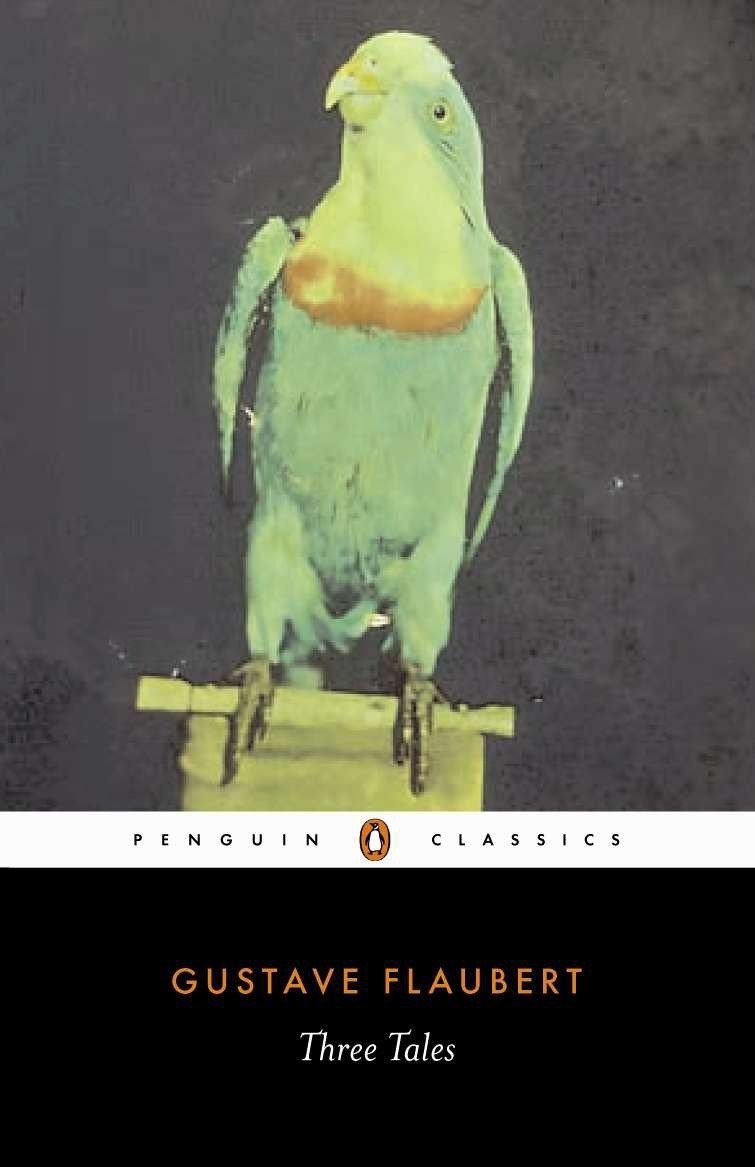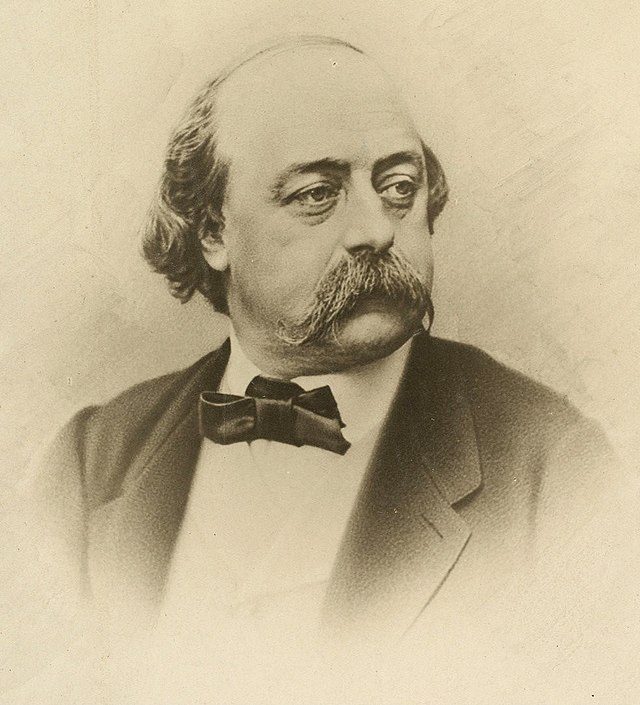 The Book Beat reading group is on vacation for August. Our selection for September is Three Tales by Gustave Flaubert, translated from the French by Roger Whitehouse. This virtual Zoom meeting will be held on Wednesday, September 28 at 7 pm. Books are available now and are discounted 15%.If you would like to attend, please RSVP to us with your name, phone number and email and we will add you to our virtual reading group list. Reminders and login links are sent on the morning or day of the meeting. Please try and login 10 minutes before the meeting so we can begin on time.
The Book Beat reading group is on vacation for August. Our selection for September is Three Tales by Gustave Flaubert, translated from the French by Roger Whitehouse. This virtual Zoom meeting will be held on Wednesday, September 28 at 7 pm. Books are available now and are discounted 15%.If you would like to attend, please RSVP to us with your name, phone number and email and we will add you to our virtual reading group list. Reminders and login links are sent on the morning or day of the meeting. Please try and login 10 minutes before the meeting so we can begin on time.
… dominated by questions of doubt, love, loneliness, and religious experience, from Flaubert’s final great work, ‘A Simple Heart’ relates the story of Felicite—an uneducated serving-woman who retains her Catholic faith despite a life of desolation and loss. ‘The Legend of Saint Julian Hospitator,’ inspired by a stained-glass window in Rouen cathedral, describes the fate of Julian, a sadistic hunter destined to murder his own parents. The blend of faith and cruelty that dominates this story may also be found in ‘Herodias’—a reworking of the tale of Salome and John the Baptist. Rich with a combination of desire, sorrow and faith, these three diverse works are a triumphant conclusion to Flaubert’s creative life.”
“Without Flaubert there would have been no Marcel Proust in France, no James Joyce in Ireland. Chekhov in Russian would not have been quite Chekhov… His subjects may be crude and repulsive. Their expression is artistically modulated and balanced. This is style. This is art. This is the only thing that really matters in books. ” – Vladimir Nabokov, Lectures in Literature
“One of Flaubert’s greatest achievements in imagining another’s life.” – Peter Brooks, on “A Simple Life,” The New York Times
“However you feel about Flaubert (I love him and hate him in equal measure), novelists should thank him the way poets thank spring: it all begins again with him… We hardly remark of good prose that it favors the telling and brilliant detail; that it privileges a high degree of visual noticing; that it maintains an unsentimental composure and knows how to withdraw, like a good valet, from superfluous commentary; that it judges good and bad neutrally; that it seeks out the truth, even at the cost of repelling us; and that the author’s fingerprints on all this are, paradoxically, traceable but not visible. You can find some of this in Defoe or Austen or Balzac, but not all of it until Flaubert.” – James Wood, The New York Times
 Gustave Flaubert (1821-1880) was a French novelist. Born in Rouen, he began writing fiction before he was nine years old. In 1840, he went to Paris to study law. It left him indifferent. He found the city distasteful and left after an attack of epilepsy in 1846, abandoning his studies. He returned to Croisset, near the Seine, where he would live for the rest of his life. His relationship to the poet Louise Colet, the only serious relationship of his life, began then, and lasted until 1854. He never married, never had children. He would “transmit to no one the aggravations and disgrace of existence.” He wrote a draft of a novel in 1849. It was called The Temptation of Saint Anthony, and he read it aloud to his friends Maxime du Camp and Louis Bouilhet over four days without interruption. When Flaubert finished, they told him to throw the manuscript in the fire. He traveled extensively. On his return, he started to work on another novel, Madame Bovary. It took him five years. It was hailed as masterpiece, deemed immoral by the French government, and has since been championed by writers as diverse as Henry James, Vladimir Nabokov, Lydia Davis, Marcel Proust, and Julian Barnes. Flaubert worked slowly and steadily, and followed Madame Bovary with Salambo, which took four years, and A Sentimental Education, which took seven. He died of a stroke while sitting at his desk, writing. He was a notorious perfectionist, often laboring in solitude for weeks over a single page. There was, he believed, no such thing as a synonym.
Gustave Flaubert (1821-1880) was a French novelist. Born in Rouen, he began writing fiction before he was nine years old. In 1840, he went to Paris to study law. It left him indifferent. He found the city distasteful and left after an attack of epilepsy in 1846, abandoning his studies. He returned to Croisset, near the Seine, where he would live for the rest of his life. His relationship to the poet Louise Colet, the only serious relationship of his life, began then, and lasted until 1854. He never married, never had children. He would “transmit to no one the aggravations and disgrace of existence.” He wrote a draft of a novel in 1849. It was called The Temptation of Saint Anthony, and he read it aloud to his friends Maxime du Camp and Louis Bouilhet over four days without interruption. When Flaubert finished, they told him to throw the manuscript in the fire. He traveled extensively. On his return, he started to work on another novel, Madame Bovary. It took him five years. It was hailed as masterpiece, deemed immoral by the French government, and has since been championed by writers as diverse as Henry James, Vladimir Nabokov, Lydia Davis, Marcel Proust, and Julian Barnes. Flaubert worked slowly and steadily, and followed Madame Bovary with Salambo, which took four years, and A Sentimental Education, which took seven. He died of a stroke while sitting at his desk, writing. He was a notorious perfectionist, often laboring in solitude for weeks over a single page. There was, he believed, no such thing as a synonym.
